Fighting Inflammation with Food: How a Balanced Diet Can Help Weight Management
By integrating foods like fatty fish, vibrant fruits and vegetables, whole grains, healthy fats, and herbs/spices that possess anti-inflammatory properties and offer vital nutrients, you can enhance overall well-being, control inflammation, and aid in weight management.
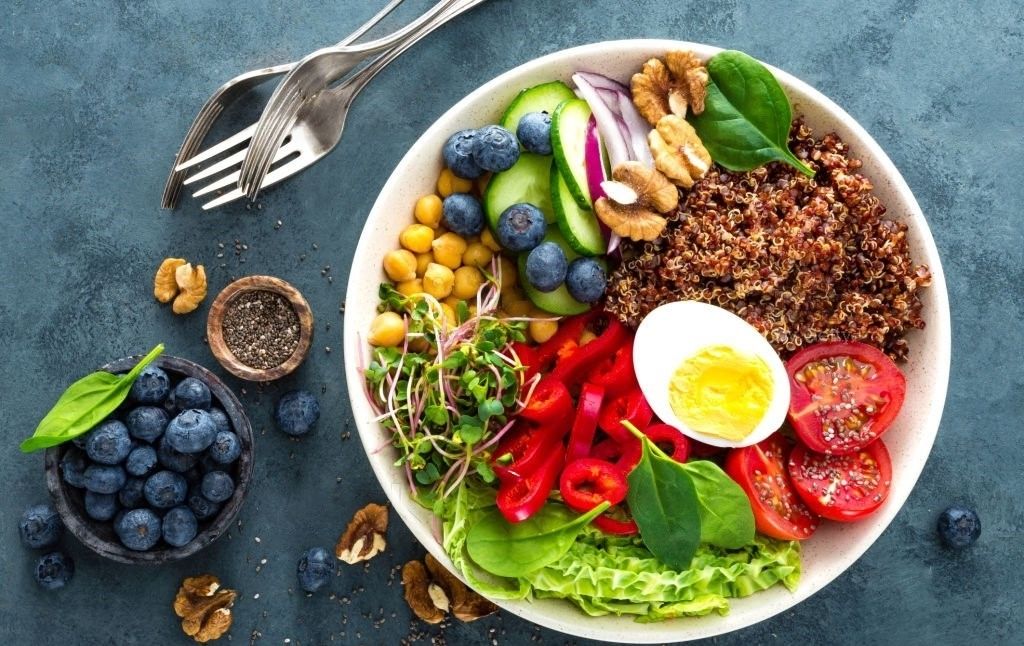
Inflammation, a natural immune response to protect our bodies, plays a crucial role in various health conditions, including weight gain and obesity. As we strive for effective weight management, adopting a balanced diet that targets inflammation can be a powerful ally. This article explores the vital connection between inflammation and weight, emphasizing the impact of dietary choices on inflammation levels. By incorporating anti-inflammatory foods and avoiding pro-inflammatory ones, we can harness the potential of nutrition to support weight management goals. Understanding the role of inflammation in weight gain and the transformative power of a well-rounded diet empowers us to take control of our health and well-being.
Understanding Inflammation and its Impact on Weight
Inflammation is the body's response to injury or infection, characterized by redness, swelling, and pain. Chronic inflammation, on the other hand, can contribute to weight gain and the development of obesity-related conditions.
Chronic inflammation disrupts the body's hormonal balance and metabolic processes, leading to insulin resistance, increased fat storage, and alterations in appetite regulation. These factors can contribute to weight gain and difficulty in managing a healthy weight.
The Role of Diet in Inflammation
Diet plays a crucial role in modulating inflammation levels within the body. Certain foods can promote or reduce inflammation, making dietary choices an essential component of managing inflammation and weight.
Research has shown that certain dietary components, such as trans fats, refined carbohydrates, and excessive sugar intake, can promote inflammation. On the other hand, a diet rich in anti-inflammatory foods can help reduce inflammation levels and support overall health.
Anti-Inflammatory Foods for Weight Management
Incorporating anti-inflammatory foods into your diet can help combat inflammation and support weight management. Here are some key examples:
1.Fatty Fish: Fatty fish, such as salmon, mackerel, and sardines, are rich in omega-3 fatty acids, which have potent anti-inflammatory properties. They can help reduce inflammation, support cardiovascular health, and aid in weight management.
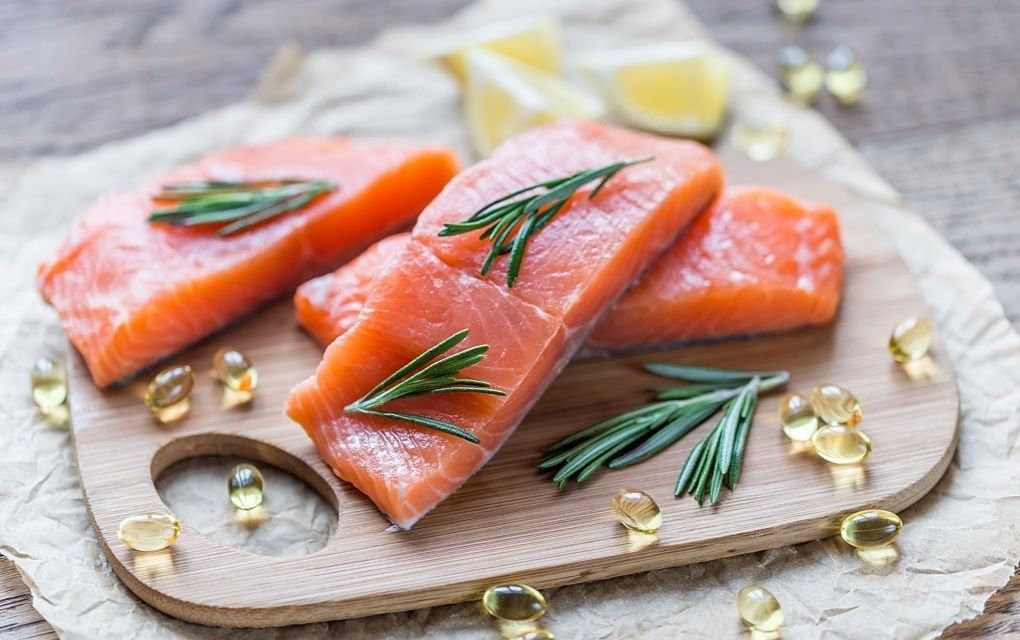
2. Colorful Fruits and Vegetables: Colorful fruits and vegetables are packed with antioxidants and phytochemicals that possess anti-inflammatory properties. These include berries, leafy greens, tomatoes, and peppers. They can help reduce inflammation and provide essential nutrients while being low in calories.
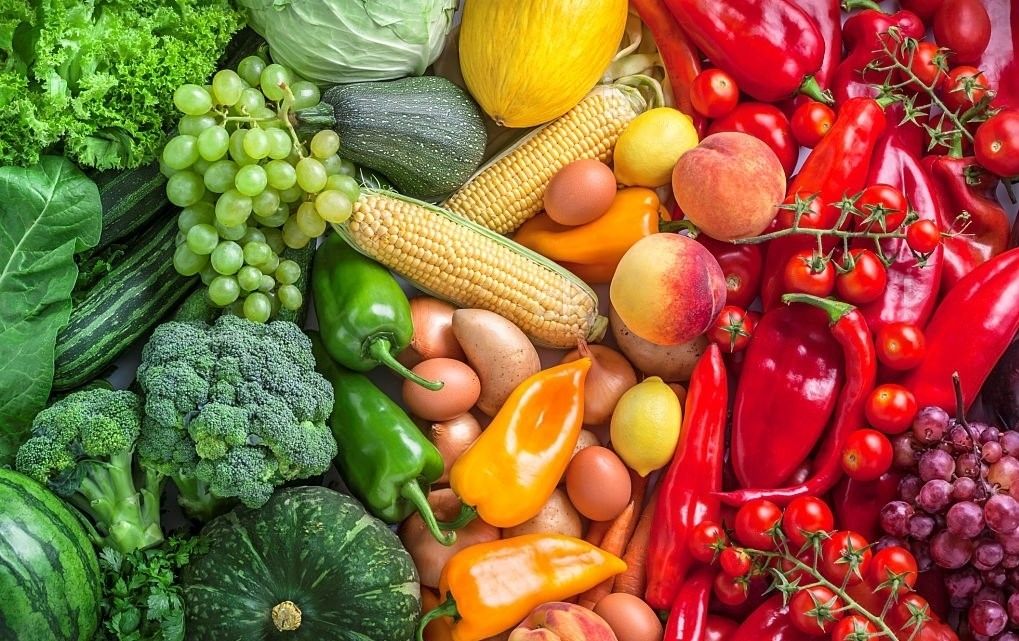
3. Whole Grains: Whole grains, such as brown rice, bajra, jowar, ragi, quinoa, and whole wheat, are rich in fiber and other nutrients. They have a lower glycemic index compared to refined grains, which helps stabilize blood sugar levels and reduce inflammation.
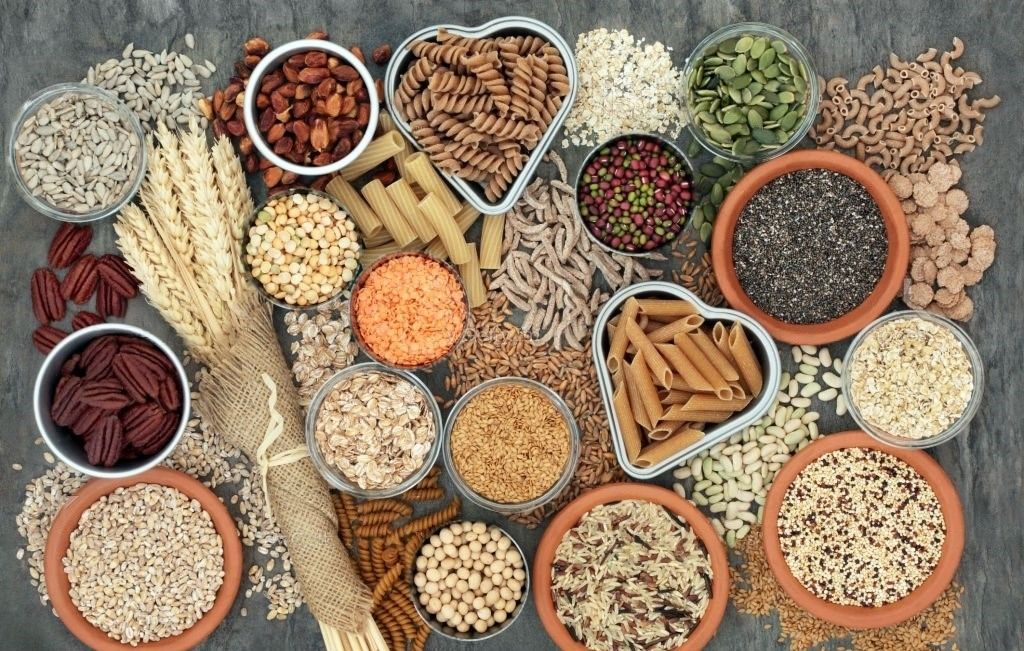
4. Healthy Fats: Incorporating healthy fats, such as coconut oil, olive oil, clarified butter (ghee) and nuts, into your diet can help reduce inflammation. These fats provide satiety, support brain health, and aid in nutrient absorption.
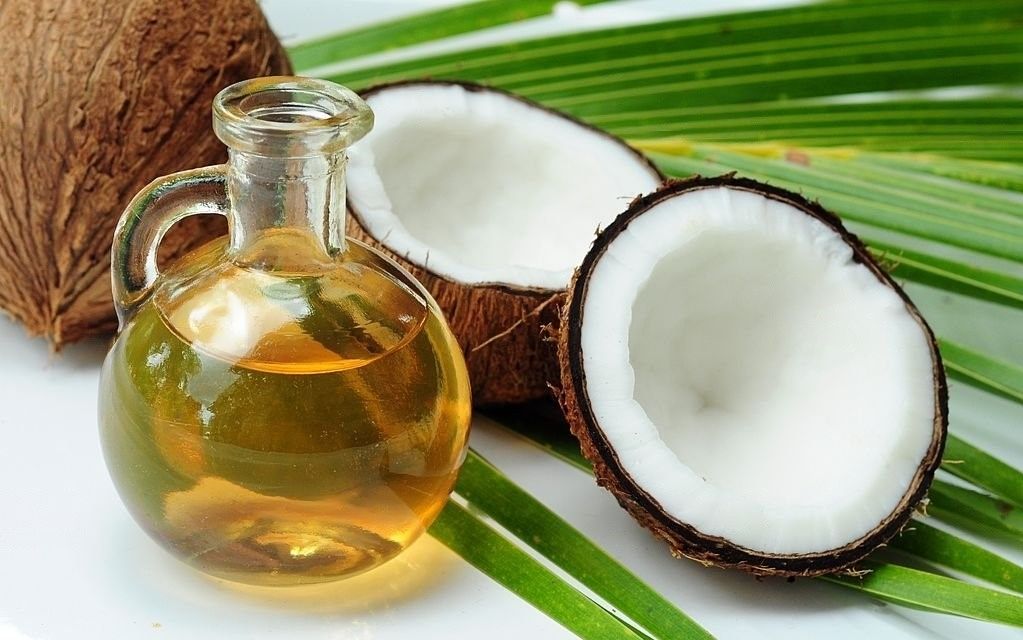
5. Herbs and Spices: Herbs and spices, such as turmeric, ginger, cinnamon, and garlic, have potent anti-inflammatory properties. They can be added to various dishes, enhancing flavor while providing health benefits.
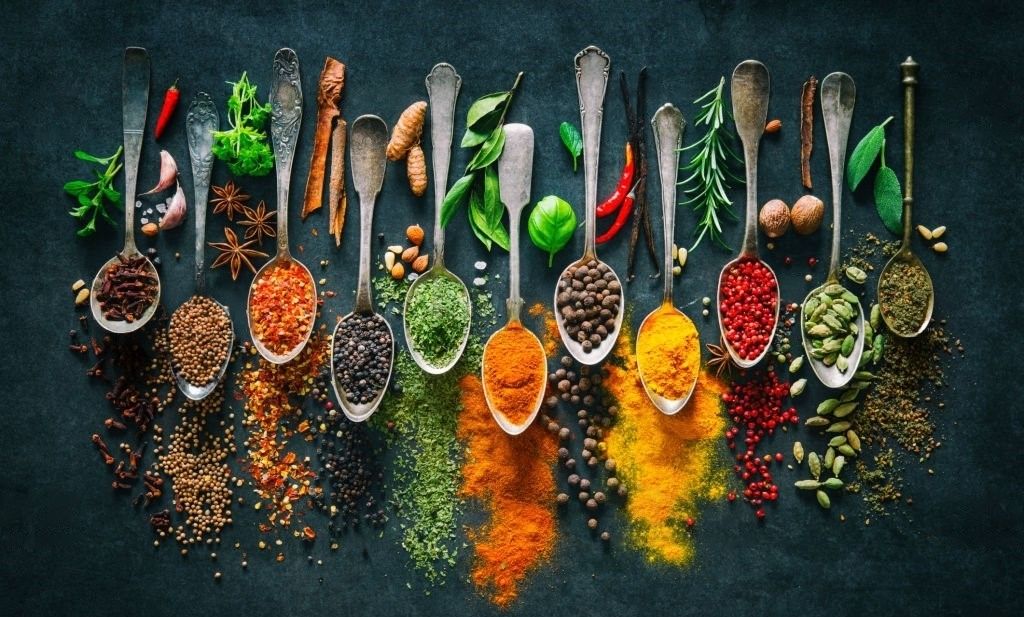
SUMMARY
Chronic inflammation can contribute to weight gain and the development of obesity-related conditions. However, adopting a balanced diet rich in anti-inflammatory foods can help combat inflammation and support weight management. Foods such as fatty fish, colorful fruits and vegetables, whole grains, healthy fats, and herbs and spices have anti-inflammatory properties and provide essential nutrients. By incorporating these foods into your diet, you can promote overall health, manage inflammation, and support your weight management goals.
Jayti Shah is a Clinical Nutritionist with a master's degree in Clinical Nutrition and Dietetics. She is a member of the Indian Dietetic Association (IDA). Over the last 9 years, she has helped 400 clients in their clinical and weight loss journeys. She works with SocialBoat as a nutrition consultant.
At SocialBoat, we offer custom diet plans and guided workouts to help you achieve your goals in a 360-degree approach. Our gamified experience ensures that you don’t find workouts boring and we reward you for being consistent with your efforts.

REFERENCES
- Calder, P. C. (2018). Omega-3 fatty acids and inflammatory processes: From molecules to man. Biochemical Society Transactions, 46(5), 1161-1175.
- Giugliano, D., Ceriello, A., & Esposito, K. (2006). The effects of diet on inflammation: Emphasis on the metabolic syndrome. Journal of the American College of Cardiology, 48(4), 677-685.
- Grosso, G., Marventano, S., Yang, J., Micek, A., Pajak, A., & Scalfi, L. (2017). A comprehensive meta-analysis on evidence of Mediterranean diet and cardiovascular disease: Are individual components equal? Critical Reviews in Food Science and Nutrition, 57(15), 3218-3232.
- Schwingshackl, L., Hoffmann, G., Lampousi, A. M., Knüppel, S., Iqbal, K., Schwedhelm, C., ... & Boeing, H. (2017). Food groups and risk of all-cause mortality: A systematic review and meta-analysis of prospective studies. The American Journal of Clinical Nutrition, 105(6), 1462-1473.
- Nettleton, J. A., Steffen, L. M., Palmas, W., Burke, G. L., Jacobs Jr, D. R., & Associations between microalbuminuria and animal foods, plant foods, and dietary patterns in the multiethnic study of atherosclerosis. The American Journal of Clinical Nutrition, 87(6), 1825-1836.
